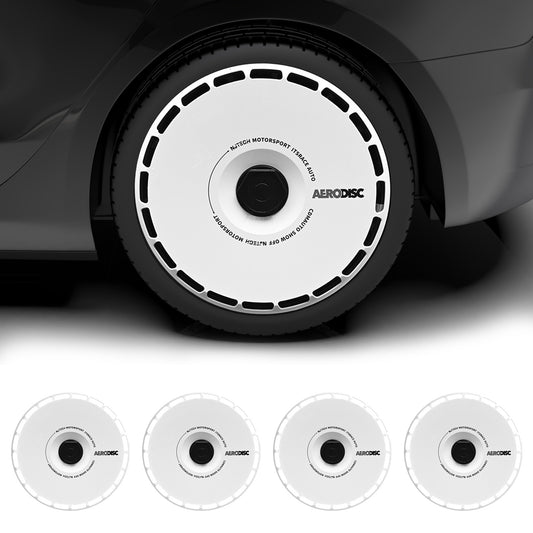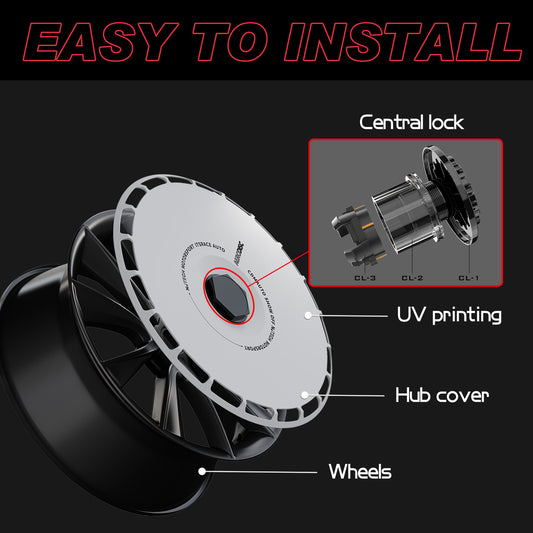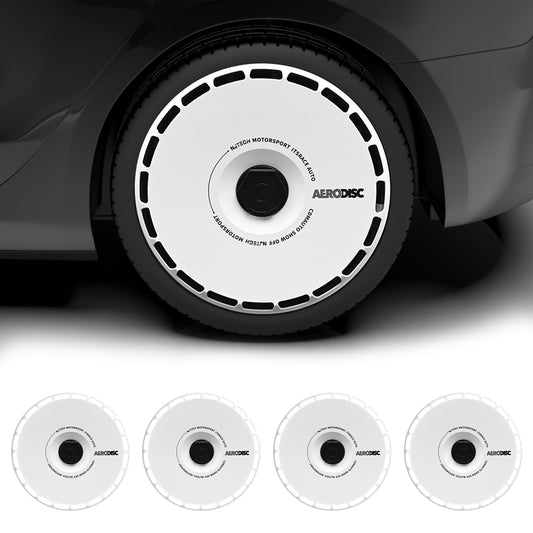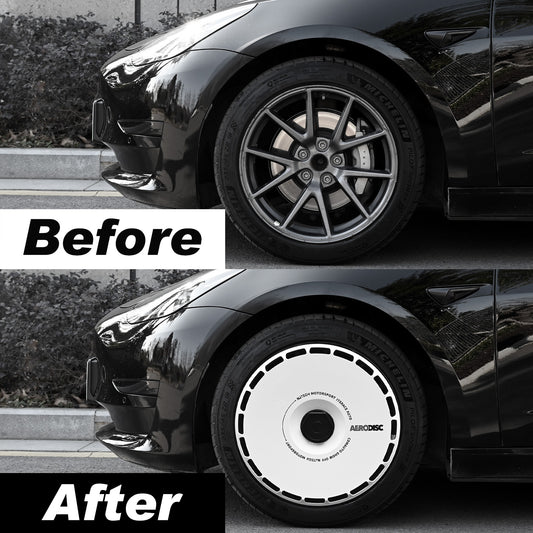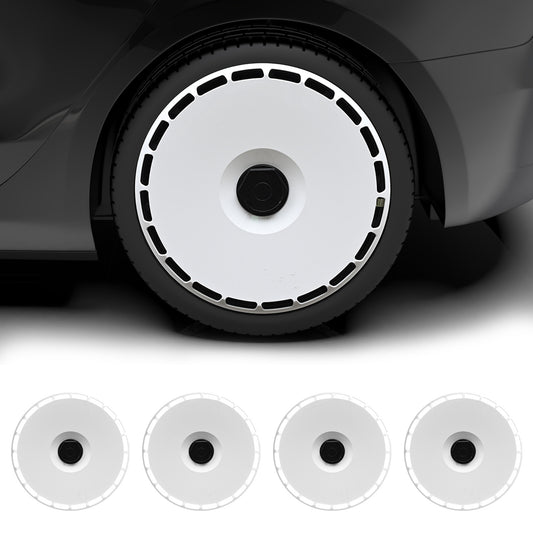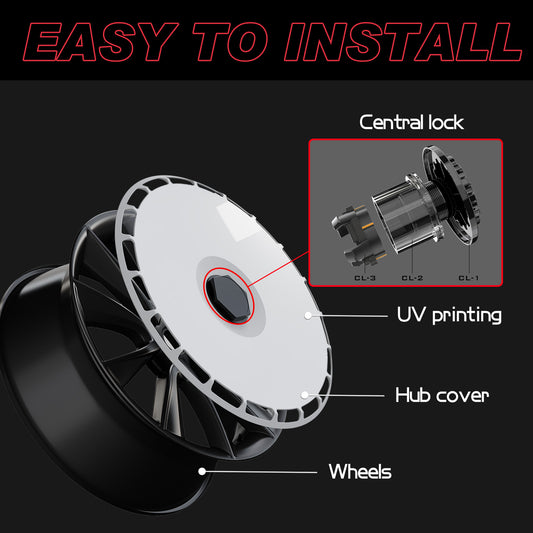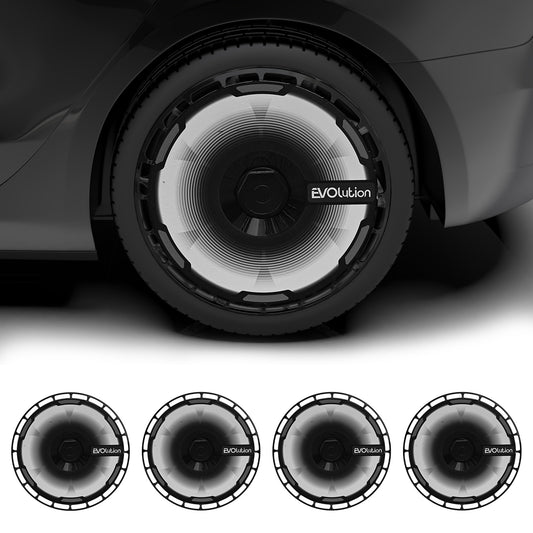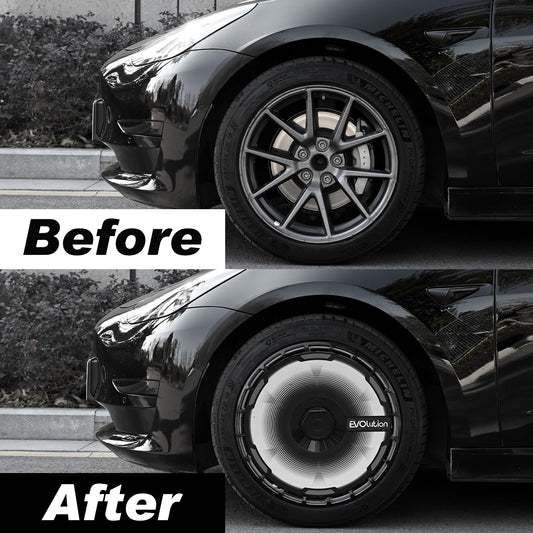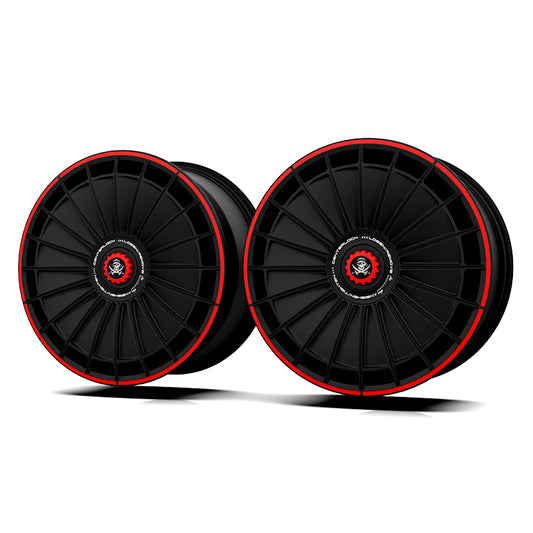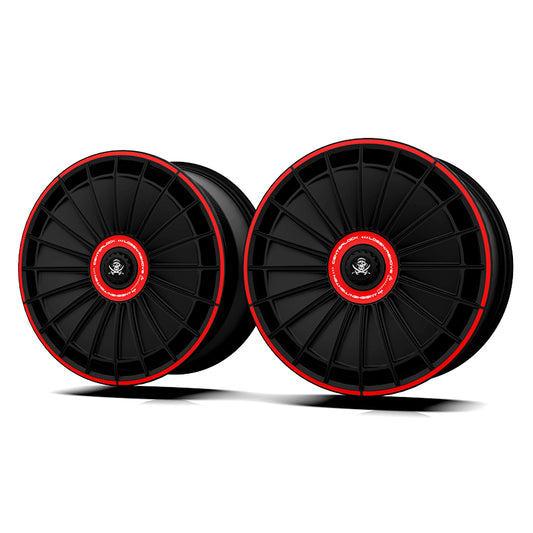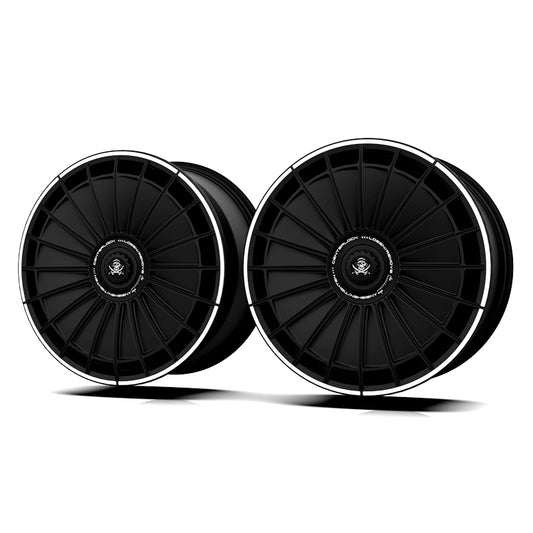VW Holding Prices Steady Despite Tariffs—For Now
 Volkswagen of America will keep new VW model prices unchanged through May, aiming to navigate ongoing market uncertainty caused by U.S.-enforced tariffs while awaiting greater stability and clarity in the automotive sector.
Volkswagen of America will keep new VW model prices unchanged through May, aiming to navigate ongoing market uncertainty caused by U.S.-enforced tariffs while awaiting greater stability and clarity in the automotive sector.
Amid significant uncertainty, Volkswagen of America's CEO Kjell Gruner remarked during a private media briefing at the 2025 New York Auto Show, where the automaker debuted the 2026 VW Tiguan Turbo—a high-performance variant of its bestselling SUV.
The Trump administration enacted 25% duties on imported vehicles starting April 3, alongside existing steel/aluminum tariffs and proposed levies on auto parts. Frequent policy shifts have disrupted corporate planning. Volkswagen aims for clarity by late May, hoping tariffs ease to avoid June price hikes, according to Gruner. However, absorbing prolonged high tariffs is unsustainable for the automaker, with consumers facing steep price hikes on vehicles.
VW produces the Tiguan, Taos, and Jetta in Mexico, while U.S.-made models like the Atlas, Atlas Cross Sport, and electric ID4 are assembled in Chattanooga, Tennessee. German imports include the ID Buzz, Golf GTI, and Golf R. Most U.S.-sold vehicles rely on global parts, subjecting non-domestic components to tariffs.
To maintain trust, VW has deferred price increases until June, a strategy Gruner says demonstrates commitment to dealers and buyers. The automaker stresses that long-term tariff costs cannot be fully offset internally or passed to consumers without market repercussions.
While VW’s Chattanooga plant (operating on dual shifts) has excess production capacity—capable of adding ~70,000 units—this remains insufficient to accommodate Tiguan production, which exceeded 94,000 sales last year and is projected to grow with its refreshed model. Similarly, the Jetta, with nearly 72,000 annual sales, complicates capacity planning. Expanding output via overtime or weekend shifts hinges on suppliers’ ability to deliver additional components.
Introducing a vehicle built on a new platform would demand multi-year timelines, plant modernization costing hundreds of millions (or billions), and development of a localized supplier network. Even adapting existing platforms requires retooling, new parts, regulatory homologation, testing, and supplier adjustments—all resource- and time-intensive.
Economically, manufacturing budget-friendly vehicles in high-cost regions like the U.S. while maintaining competitive pricing and exporting to markets like Mexico is unsustainable. Meanwhile, VW has strategically managed tariff fluctuations by temporarily holding vehicles—especially Audis—at ports and borders, timing their entry to align with shifting trade policies.

